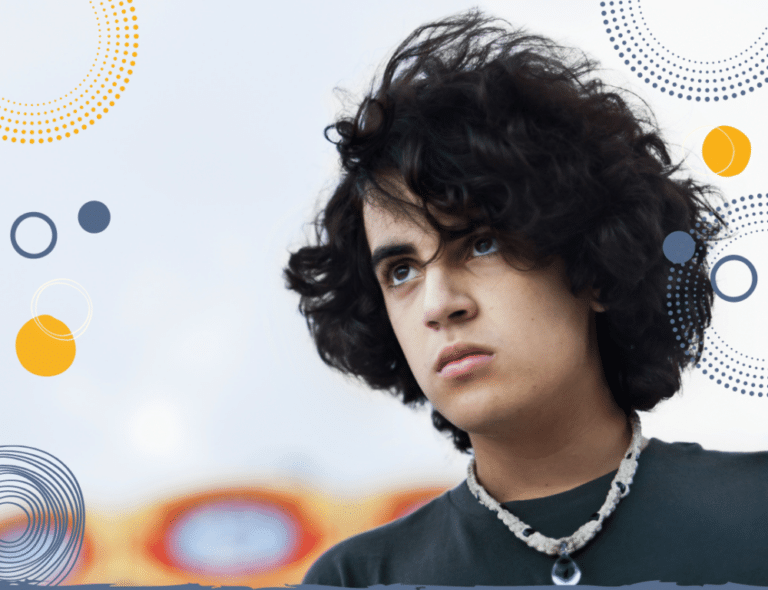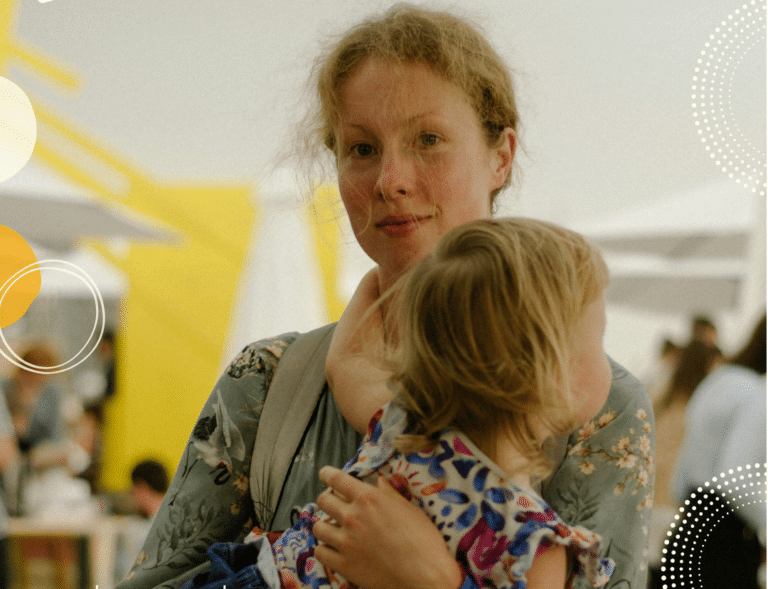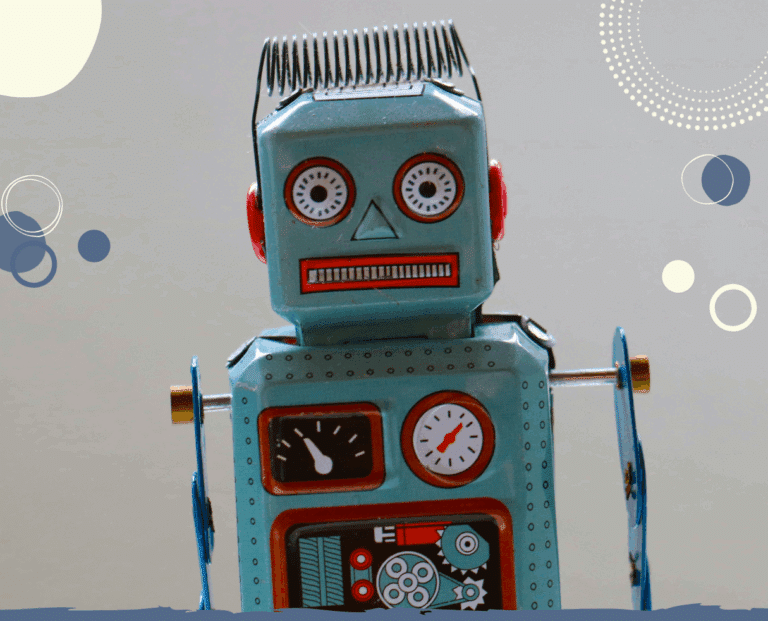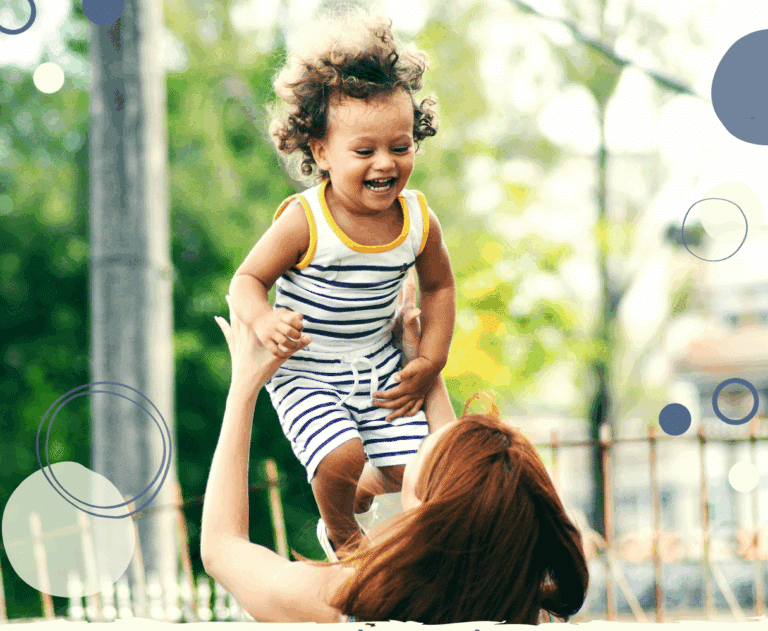Should I give my teen alcohol?
When my kids were younger, I had a rather tetchy text exchange with a fellow parent about teen alcohol protocols. She and another mum had agreed to give their teens a few cans of lager to take to a party. I can’t remember exactly how old the kids were but I think they were probably around 15/16-years-old. Now, of course, I was coming under pressure from my teenager to do the same thing.
I was truly conflicted. On the one hand, I was pretty sure that my teenager would find a way to get hold of booze if he wanted it. The other parents reasoned that it was better for their kids to be given low strength alcohol from a reliable source (i.e. parents) rather than buying a premixed bottle of vodka and squash of unknown strength from an enterprising friend. However, I was not comfortable with signalling that drinking alcohol was acceptable at their age.
I know I am not the only parent to have faced this dilemma. Lots of parents take the stance that positioning alcohol as ‘forbidden fruit’ will make teens want it more, whereas allowing them small quantities will demystify it and make it less likely that they will go crazy with booze when they get the chance (which is bound to happen sooner or later). So what does the research say?
What are the risks of teen alcohol use?
Teen alcohol use is related to a wide range of health and social problems, including damage to their physical health, to their developing brains and to their mental health. The younger teens are when they start drinking alcohol, the higher the risk of negative impacts.
Drinking alcohol impairs awareness and judgement. It puts teens at greater risk of accidents while under the influence of alcohol and of making decisions (like walking alone or having unprotected sex) that put them further at risk.
Teen alcohol use puts teenagers at greater risk of a problematic relationship with alcohol as adults (US data suggests that 90% adults with substance use disorder began drinking and/or taking drugs before age eighteen).
Why do teenagers drink?
The teenage brain is primed for thrill-seeking. Increased availability of dopamine in the teenage brain coupled with poor regulatory control from their pre-frontal cortex means that teens are drawn to novel and exciting experiences and are not so great at controlling their impulses. As psychologist Lisa Damour puts it, “neurologically speaking, teenagers can be all accelerator and no brakes” (The Emotional Lives of Teenagers).
Even when teens are aware of the facts about alcohol and understand why it is best avoided, the presence of friends makes them more prone to making risky choices. The fun of the moment may make them forget about their previous good intentions or they might find that peer pressure backs them into a corner where not joining in would risk social exclusion.
One they have discovered the effects of alcohol, some teens may seek out its numbing effects as a way of managing difficult thoughts or feelings.
| Want more details on talking to teens? Watch our 10-minute video on Talking to teens about difficult topics. |
What should parents do?
The UK Chief Medical Officers recommend an alcohol-free childhood as the best and safest option. Research is clear that not allowing any alcohol before aged 18 is the best way to reduce the long term risk of problem drinking or physical or mental harm. Children of parents who say no to teen alcohol use – who clearly and consistently prohibit it and do not give their teen alcohol – are less likely to go on to develop a substance use disorder at any stage in life (see Jess Lahey’s The Addiction Inoculation for an exposition of the evidence).
However, that doesn’t mean that one sip of alcohol and your teenager is doomed. The negative impacts of giving a teen alcohol are greatest under the age of 15/16 years. And, for early teen drinkers at least, quantity matters more than where the alcohol comes from.
Teens who receive whole alcoholic drinks (rather than just a sip) from their parents as younger teens (aged 14-16) are more likely to drink more heavily during their adolescence and to experience alcohol-related harms in early adulthood when compared with those who don’t receive their first drink until later (aged 17+) or who are only allowed a sip (see Just a sip, the whole can, or none at all?). Younger teens who drink are more likely to go on to binge-drink and to report symptoms of problem drinking in early adulthood.
However, despite laws and guidance (in the UK) that young people should not drink alcohol before the age of 18, the Chief Medical Advisors and the NHS also offer a caveat: if children do drink alcohol underage, it should not be until they are at least 15, they should be supervised by their parents, and they should have no more than one drink a week.
Personally, looking at the evidence on giving a teen alcohol, I would definitely not be buying those beers for younger teens. I would prefer to be sending a clear signal that alcohol is not acceptable until adulthood, whilst simultaneously cultivating a culture of open dialogue. It’s true that the majority of young people who binge-drink stop doing so in later adulthood, but alcohol can harm teenagers’ developing brains permanently and I don’t think that condoning teen alcohol use is a helpful parental stance (feel free to disagree with me in the comments!).
If you want to know how to go about having conversations about the risks of teen alcohol consumption with your teenager, take a look at these resources:
- Jess Lahey How to talk to your child about drugs and alcohol
- Frances E. Jensen The Teenage Brain
- NSPCC: How to talk to your child about alcohol
You might also want to read: When teenagers do stupid things (don’t panic) and Talking to children about drugs.
*This post contains affiliate links. That means that if you click through from this post and make a purchase, the Positive Parenting Project will receive a small commission. There is no additional charge to you. This helps us to keep providing free content for our readers. For more info, see Disclosure Notice.







